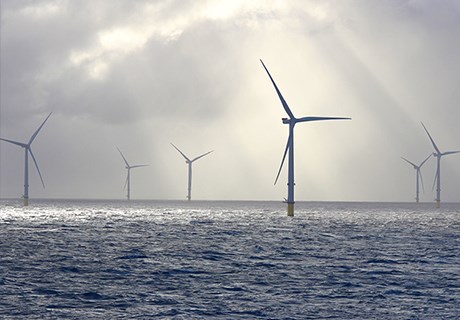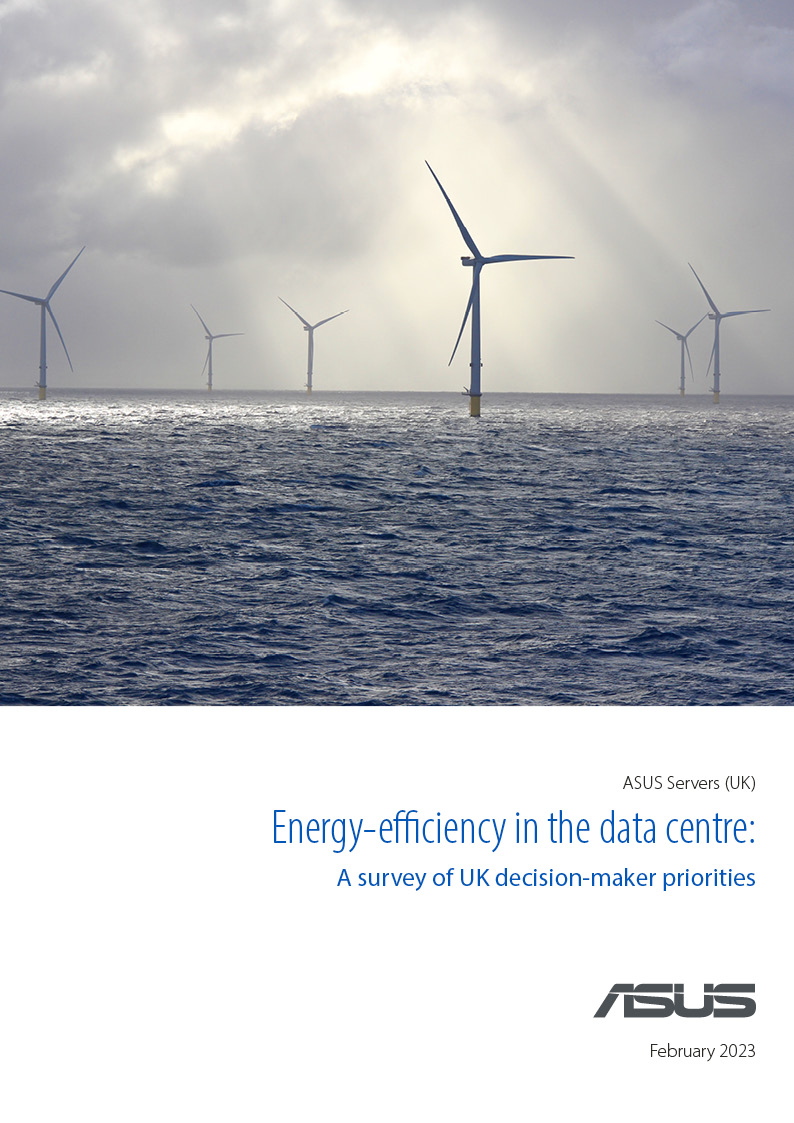
As befits a leading global technology company, ASUS is a leading advocate for sustainability. We joined the RE100 global renewable energy initiative in 2021 – a milestone for our own carbon-reduction ambitions – and, in the same year, joined the Taiwan Climate Partnership as one of the founding corporate members. We are committed to working with international climate initiatives and organisations, and to using our supply-chain influence to promote low-carbon manufacturing and reduce carbon emissions. We support the United Nations Sustainable Development Goals (SDGs).
Last year ASUS officially committed to strengthening its R&D efforts, to increase product energy efficiency to a level that is on average 30% higher than the specifications of Energy Star, the strictest environmental standard. That is to say: our goal is to create the most energy-efficient products available. We’re aware that our product-level efforts can help our customers achieve their own sustainability goals; ASUS is, after all, an upstream element of our customers’ supply chains.
Whether our server customers have formal sustainability goals or not, the computing products made by ASUS and other manufacturers are of huge importance. Data centres are generally accepted as accounting for around 1% of the world’s electricity consumption, a proportion forecast by some to increase in coming years. ASUS, and every other digital equipment manufacturer whose products are found in data centres, can contribute to reducing this energy demand by consistently increasing product energy efficiency.
Since all major manufacturers aim to improve product energy efficiency, customers will find themselves with more energy efficient data centres eventually – the inevitable result of the passage of time and the usual equipment replacement cycle.
But the Glasgow Climate Pact reached at the COP26 Climate Summit in 2021 – recently reaffirmed at COP27 – has accelerated the implementation of climate action and underscored the need for rapid changes.
Energy Efficiency Survey
Since the greatest rate of change occurs when proactive decisions are made, we decided to measure the priority given to energy efficiency in respect of server purchases and operation, choosing the advanced economy of the United Kingdom in which to take this first measurement.
The results of this survey show that part of being a responsible climate leader means speaking sometimes uncomfortable truths. In the context of this report, this means reporting that, in the UK – a fully developed, wealthy, G7 country – having formal corporate sustainability and energy efficiency goals is still far from universal among organisations (although a majority do).
And, even at IT Department-level and in smaller companies, only a small majority have formal sustainability and energy efficiency goals. This, bear in mind, is despite data centres being responsible for around 1% of the world’s electricity production. Against such a backdrop, even small-percentage improvements in energy efficiency will have a global impact on energy consumption.
Server-related energy costs have currently captured the attention of barely half of IT professionals responsible for the operations of their organisations’ servers. But this apparent ambivalence towards energy efficiency seems destined, at least, to change: throughout the survey results, there is a strong correlation between the youth of respondents and the importance they attach to energy efficiency. The ‘youth’ factor appears to transcend alternative explanations such as the seniority of respondents.
There were some clear differences in the attitudes of different vertical sectors. Perhaps predictably, organisations from the wealthier IT & Telecoms and Finance sectors tend to be more switched on to the total cost of ownership of servers, paying more attention to energy efficiency and the associated costs, both in their procurement and subsequent operation. Meanwhile, organisations from the usually less-affluent Education and Arts & Culture sectors pay far less attention to the energy efficiency/energy costs of their servers.
But the most compelling pattern that emerges from the survey data is the relative indifference of organisations with larger number of servers: the greater the number of servers, the less importance seems to be attached to energy efficiency relative to other purchase/operational factors. The survey also shows that larger organisations are less likely even to measure the energy efficiency of their data centres.
This survey was conducted:
- At a time when energy costs have soared for businesses (and which most respondents don’t expect to reduce to historical levels within the next two years)
- Following multiple warnings and studies published during 2022 about climate change and tipping points
- Less than 12 months after COP26, which was held in and chaired by the UK
- Amid plentiful media coverage ahead of COP27
Despite this ‘environment’, many organisations are, at time of writing and according to their own IT and procurement staff, paying less attention to the impact of their data centre purchasing decisions than might be expected.
Download the survey report
Download the Energy Efficiency in the Data Centre report and learn:
- The extent to which UK organisations are – or aren’t – prioritising energy efficiency in the data centre
- How prioritisation varies between vertical sectors and organisations with more/fewer ICT facilities
- What other factors UK organisations prioritise most, or instead, when buying servers
Survey Methodology
ASUS commissioned survey specialists Censuswide to conduct an online survey of a representative sample of UK organisations, across all major vertical sectors. The survey comprised 500 respondents:
- 400 who described their role as IT
- 100 who described their role as Procurement
All respondents met the criteria of:
- Their organisation operating a minimum of two (2) servers (no maximum)
- The individual having a significant role in the purchase process of servers for their organisation; and/or having a significant role in the administration/operation/management of servers for their organisation







